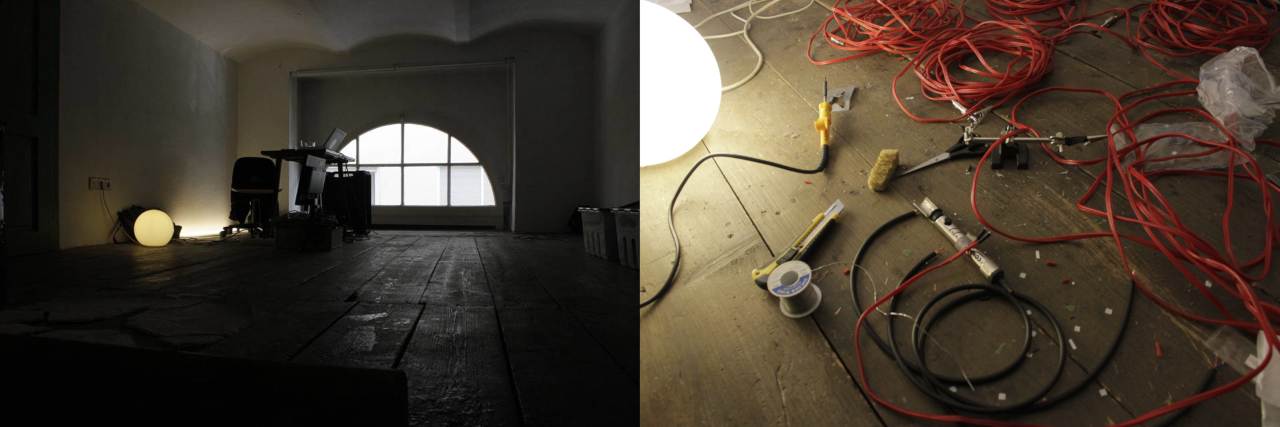Looking back at the strange year of 2020
For most artists, 2020 was a frustrating year. It seemed that those working in the cultural sector were always designated by politics as the least important when some of the pandemic easings were implemented. Literally nobody enjoyed seeing exhibitions or attending concerts online, with a few exceptions where the online format was really employed to create a new experience.
Despite the circumstances, the year was successful, in that we could use the window of opportunity to realise most works of the project Algorithmic Segments during summer and autumn, and currently video documentation post-pro as well as a catalogue for in|filtration are in the making. The bitter pills were the cancellation of doing the xCoAx conference and the Almat symposium in-situ, although the online versions were also interesting to attend. Turning all Almat 2020 submissions into dedicated Research Catalogue pages proved to be a good decision, and I was happy to contribute my own essay Writing (about) Writing Machines which was built around the piece Writing (simultan).
It seemed that radio broadcasts were becoming more important during lockdown. The podMAST was an exception, as it was recorded right before the first lockdown; towards the end of the year, I gave a longer interview on Florence von der Weth’s Das geheime Zimmerarchiv, there was blast-from-the-past with Markus Schwill’s DIENSTbar transmission special, and another one with Jayrope whom I hadn’t been in touch with for almost twenty years, and who included me in a Biesentales episode.
The lack of social and public activities naturally gave space to brewing new things in the laboratory. A welcome news was the studio funding my partner Nayarí received from the State of Styria, in order to develop our shared experimental project space Reagenz. Writing (simultan) was also the first show to inaugurate the extended “Reagenz (Ost)” room. Furthermore, our association Reagenz is finally visible online on its dedicated page. In 2021, we plan many activities at Reagenz, so hopefully the pandemic permits stretches of open access to the public.

The other lab activity was looking at ways of developing sound pieces for online performance in the browser. In December, I compiled the SuperCollider server software to run online, and in January 2021 I ported most of my open source computer music system SoundProcesses to the browser, currently working on two new versions of installation pieces for the browser which should become public in the first half of 2021.
As the Almat project is coming to an end, we have spent quite some time annotating its online documentation on the Research Catalogue with meta-data, and we plan to inaugurate a novel “Meta exposition” interface in March that lets you dynamically browse and explore the different threads of the project. At the SAR 2021 conference in April, we will present the Meta exposition, and there will also be a new performance of Collective Divagation (Instructions for Rendezvous) with Nayarí at SAR 2021, foreshadowing a new project – fingers crossed that the funding application is approved.